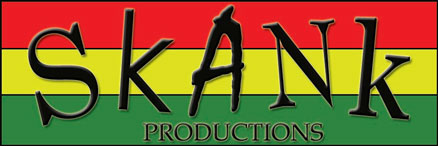

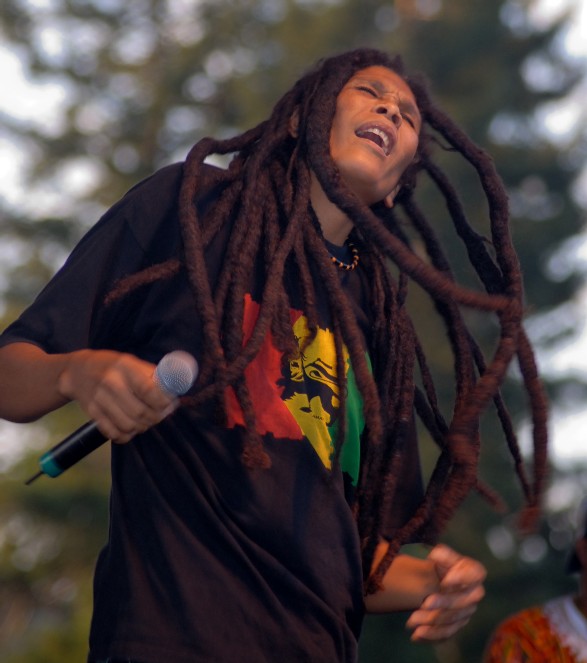
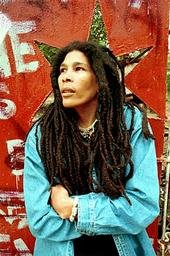 "Well, anyone from the Village would tell you that I started making noise very young," said Nasio. "I would pound on everything. Those milk tins, ya know, milk pans, and my sisters would hide them but I'd always get them back. I would even get beat at school by teachers because I was always pounding on my desks. Ya see, that vibe was always inside of me, and I've always wanted to express it. I've always felt like music was the only vehicle that would be available to me. And growing up I never really listened to Reggae. I grew up listening to Calypso and to Soul. Like Otis Redding, Sam Cooke, Curtis Mayfield, Marvin Gaye and others. We had a little Phillips radio about one foot long and six inches high and that used to be the pride of the family. All that time I never knew about Reggae. See, we were brought up in a country with no electricity and no bathrooms and no running water and we had to use kerosene lamps and do homework by candlelight. I didn't really know what was out there. I had a very humble upbringing and that was the greatest part of my life, because it set me into that zone where I was properly brought up. Not on material things, but on the true essence of life."
"Well, anyone from the Village would tell you that I started making noise very young," said Nasio. "I would pound on everything. Those milk tins, ya know, milk pans, and my sisters would hide them but I'd always get them back. I would even get beat at school by teachers because I was always pounding on my desks. Ya see, that vibe was always inside of me, and I've always wanted to express it. I've always felt like music was the only vehicle that would be available to me. And growing up I never really listened to Reggae. I grew up listening to Calypso and to Soul. Like Otis Redding, Sam Cooke, Curtis Mayfield, Marvin Gaye and others. We had a little Phillips radio about one foot long and six inches high and that used to be the pride of the family. All that time I never knew about Reggae. See, we were brought up in a country with no electricity and no bathrooms and no running water and we had to use kerosene lamps and do homework by candlelight. I didn't really know what was out there. I had a very humble upbringing and that was the greatest part of my life, because it set me into that zone where I was properly brought up. Not on material things, but on the true essence of life."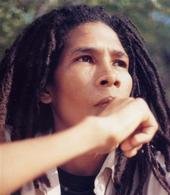 "Well I 'n I stands roots, I 'n I born among roots and my music is what I feel," stated Nasio. "When I need to express myself I do it through Reggae. Reggae is what we use to inform I 'n I worldwide. I 'n I inspiration come from the powers of His Imperial Majesty, Emperor Haile I Selassie I, Jah Rastafari, and that manifest itself through all things and people and when it filter through I 'n I, it pours out in the form of reggae music.
"Well I 'n I stands roots, I 'n I born among roots and my music is what I feel," stated Nasio. "When I need to express myself I do it through Reggae. Reggae is what we use to inform I 'n I worldwide. I 'n I inspiration come from the powers of His Imperial Majesty, Emperor Haile I Selassie I, Jah Rastafari, and that manifest itself through all things and people and when it filter through I 'n I, it pours out in the form of reggae music. 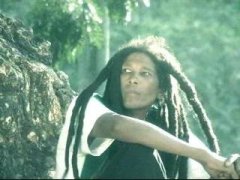
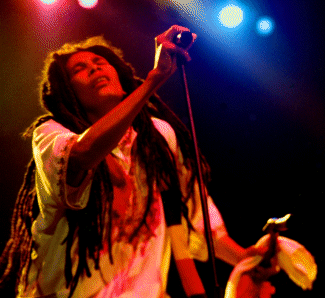
To check out Nasio's website... WEBSITE.
To check out my review of "Reggae Power"... REGGAE
POWER.
To check out my review of "Revolution"... REVOLUTION.
To check out my review of "Living In The Positive"... LIVING
IN THE POSITIVE.
To check out my review of "Universal Cry"... UNIVERSAL CRY
To listen to my interview with Nasio...LISTEN TO INTERVIEW
To check out some pictures from my trip to Dominica... PICS
SKANK RECORDS
FREE SKANK SAMPLER
SKANKWEAR
NEW RELEASES
CD REVIEWS
SKANK RADIO
MYSPACE
ARTICLES
POSITIVE VIBES ON KDHX
CONCERT REVIEWS
FAVORITE LINKS
GET IN TOUCH
WHO IS PROFESSOR SKANK?